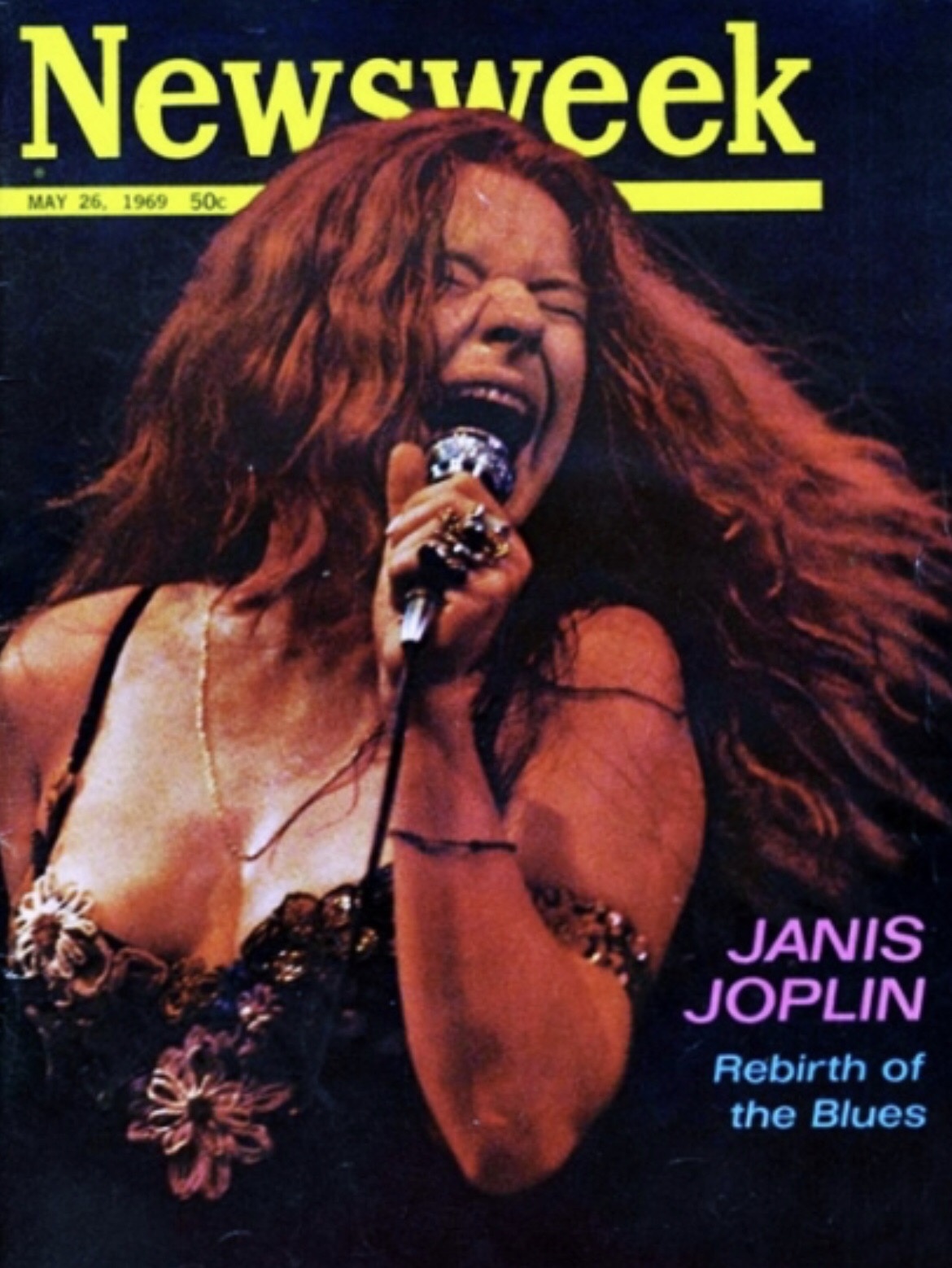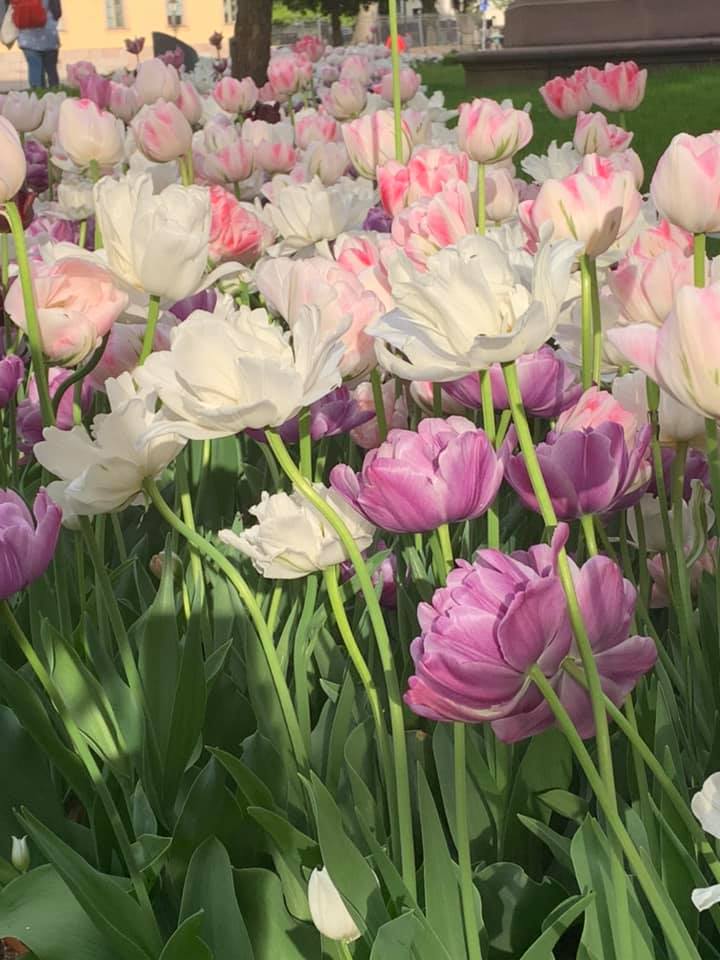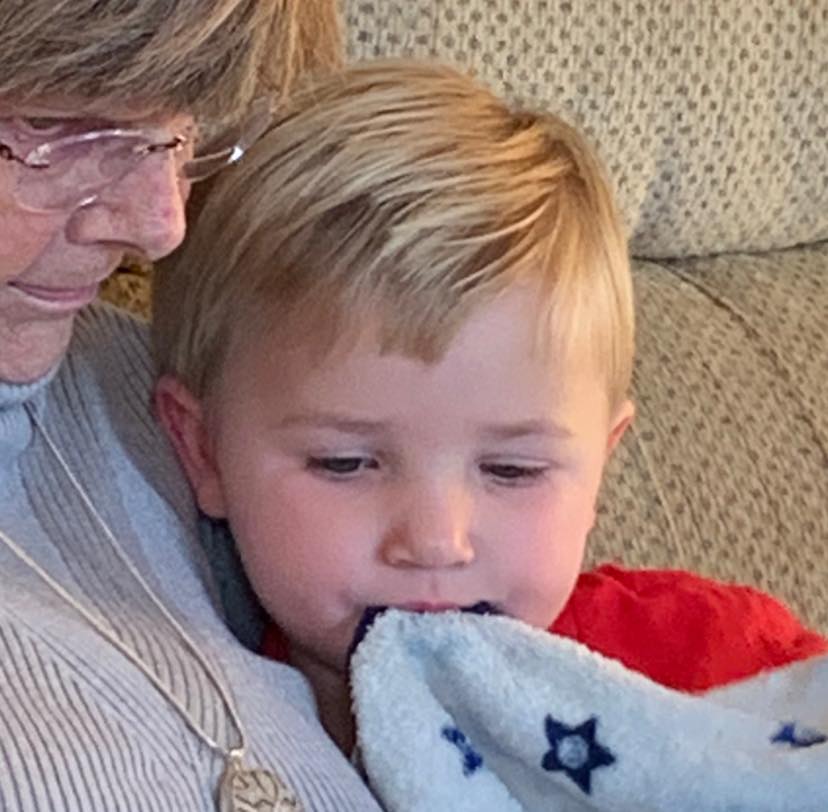The Calendar description of the SENIOR SEMINAR states: “The senior seminar is a one-semester course, required for a Major degree in sociology, which is to be taken in the final year of study. The course is organized around substantive issues, with different sections devoted to different topics. The issues are addressed as puzzles or lines of inquiry that explore current concerns. Students are expected to bring the knowledge they have acquired of the competing traditions of sociological inquiry to bear on the theme. This course will be conducted as a seminar, with students taking responsibility for researching, presenting, and discussing material. Regular attendance and active participation will be emphasized.”
SOCI-4013 has two sections. Ours is B. This seminar is an interdisciplinary study of many works (e.g., newspaper articles, documentary films, artistic expressions) related to Orientalism, Islamophobia, and postcolonial resistances in our ever-changing world. It has a strong focus on a sociological understanding of the issues presented. By analyzing social practices as represented in a wide range of materials and expressions of postcolonial pop culture, we develop a critical understanding of Western perspectives concerning Islam, Muslims, and “the Orient.”
This course is the first one of two courses that cover sociological theory. Organizationally, the two courses cover different phases of a historical timeframe. Classical Sociological Theory addresses early developments in the history of sociological theory. Classical Theory class is an overview of major works of social thought from the beginning of the modern era through the 1920s. Attention is paid to social and intellectual contexts, conceptual frameworks and methods, and contributions to contemporary social analysis. Theories are examined within a historical social context to provide students with an in-depth understanding of the social circumstances in which various sociological ideologies arose.
This course surveys the writings of some of the major sociological theorists and schools of thought, and focuses on their interrelationships, and tensions among them. Writers include Hobbes, Locke, Rousseau, Montesquieu, Adam Smith, Marx, Weber, and Durkheim. We will examine the links between the classical and contemporary worlds, allowing us to see how classical social theory has helped to shape the ideas of today.
By the end of the course, you will:
● Understand major concepts and ideas presented by key classical theorists of contemporary social thought.
● Grasp how social, political, economic, intellectual, and biographical factors can influence theoretical ideas.
● Comprehend how classical theoretical ideas in sociology build on and can help us to understand current events or circumstances.
By the end of the semester, you will be able to cultivate critical reading and writing strategies and apply the knowledge acquired in the course to grasp the world around us. In particular, you will be able to
● Explain the basic theoretical concepts we cover
● Critically assess and integrate the information you gained
● Critically examine our contemporary society using these concepts.
● Formulate and support arguments with evidence by using theoretical principles.
● Synthesize and articulate information using written and oral communication skills.
● Develop a reasoned argument to support your position in your critical reading critically evaluate contemporary issues in cultural artifacts, in the media as well as in everyday life.
Have you ever looked at your body or someone else's and thought ...? If so, why did you have those thoughts? In Sociology of Body I hope to develop an understanding of, and interest in, the interaction between society and the body. It is important that we are aware that the body is experienced, and too often crafted, through the influence of societal interpretations and norms.
- 教師: McCoy Robert

In this course, we will look at how music is used as a source of protest and activism, paying specific attention to the period between post WWII and today. The course will run quite similar to a seminar course with class discussion, creative presentations, and assignments being done in-class and in 'music spaces'. I am looking forward to it!
- 教師: Hersey Corinne

We will explore how art has been used to influence cultural shifts and culture is used to influence artists. You will get to use your own artistic abilities (or not).
- 教師: Hersey Corinne

We will explore two main issues facing families today: hunger and housing. Many who have worked their entire lives never thought they'd see either - but they are. Women and children, immigrant and refugee, single fathers, students, elderly, middle class... all facing both. This course is broken into 3 modules: Housing, Hunger, Solution-seeking.
- 教師: Hersey Corinne